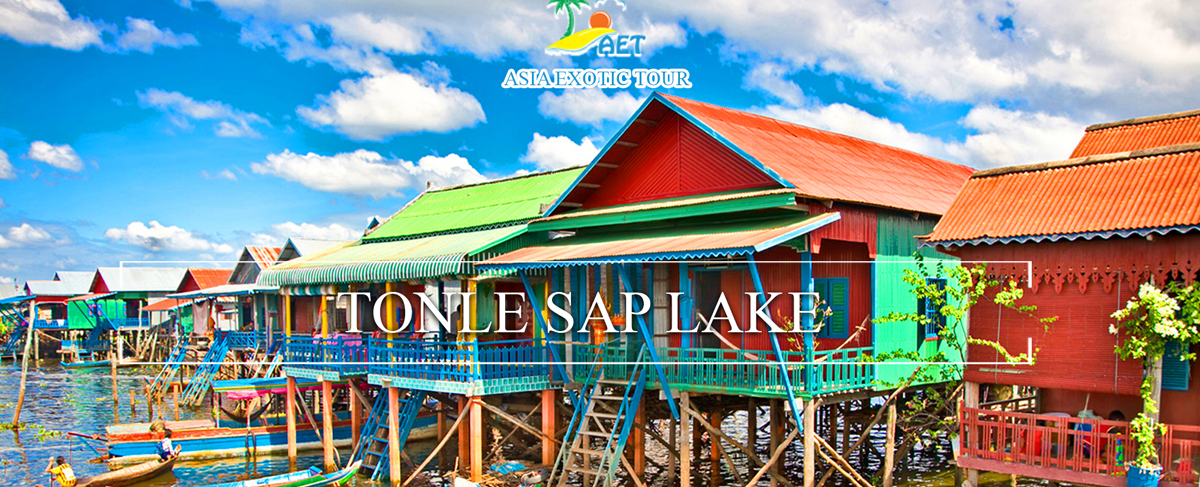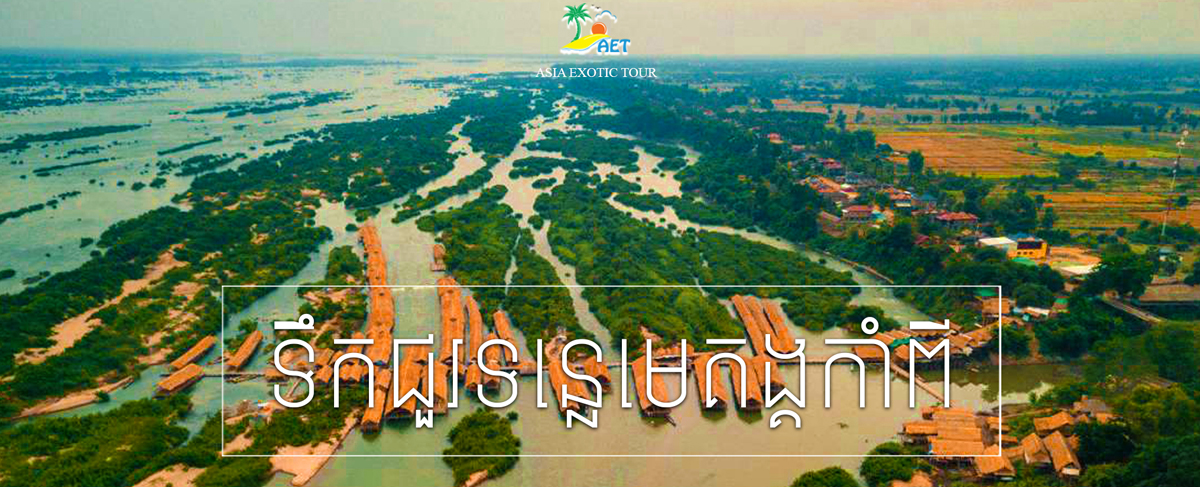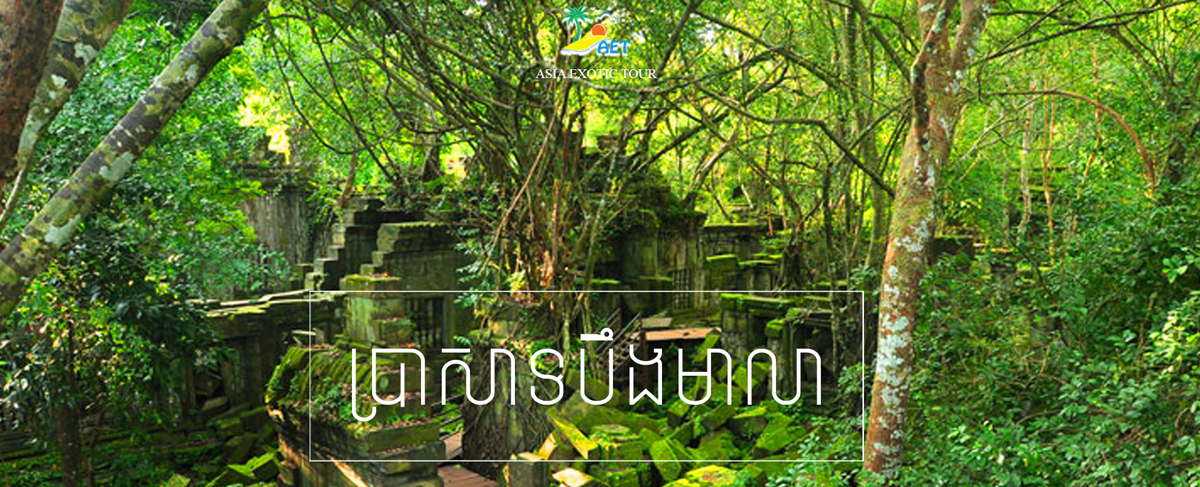Sustainable Tourism





Asia Exotic Tours support Sustainable Tourism and work only with Sustainable Tourism suppliers. We joined training in Bangkok organized by PATA and Travelife in June 2014 and we promise to apply it in our working system.
What is Sustainable Tourism?
Sustainable tourism businesses are those that are profitable while conserving natural resources and benefitting local communities. Examples of best management practices include conserving water and energy, supporting community conservation projects, preserving cultural heritage, recycling and treating wastes, and sourcing locally-produced products in restaurants and gift shops. Sustainable businesses also hire employees from neighboring towns, pay them just wages, and offer them additional training.
Some criteria to support Sustainability
At the hotel: Ask about environmental policies and practices. Does the hotel support community development or conservation projects?
Language: Learn a few words of the local language and use them.
Dress: Learn about local conventions and dress appropriately. In many countries, modest dress is important.
Behavior: Be respectful of local citizens’ privacy. Ask permission before entering sacred places, homes, or private lands.
Photographs: Be sensitive to when and where you take photos/video of people. Always ask first.
Environment: Respect the natural environment. Never touch or harass wildlife. Always follow designated trails. Support conservation by paying entrance fees to parks and protected sites or making a donation.
Wildlife or forest products: Never purchase crafts, clothing, furniture, or other products that are derived from protected or endangered wildlife or plant species. In many countries it is illegal to bring these goods back home.
Pay a fair price: Don’t engage in overly aggressive bargaining for souvenirs. Don’t short-change on tips for services.
Buy local: Choose locally-owned lodges and hotels. Use local buses, car rental agencies, and airlines. Eat in local restaurants, shop in local markets, and attend local events.
Hire local guides: Enrich your experience and support the local economy. Ask guides if they are licensed and live nearby. Are they recommended by tour operators?
Classical Tours





What Client Say




